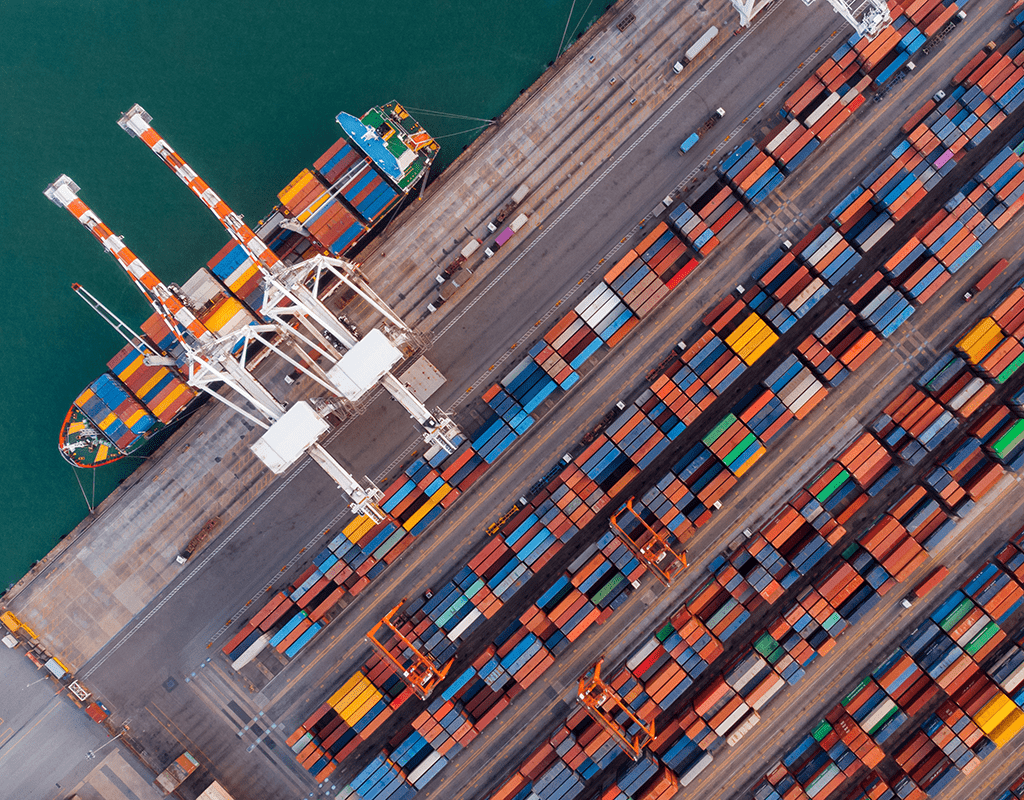The landscape of logistics is evolving, driven by the ever-increasing popularity of eCommerce and the relentless demand for swift, efficient shipping. In this fast-paced environment, businesses can no longer afford to wait until they have enough orders to fill an entire carrier. The answer to this challenge lies in the world of Less Than Truckload (LTL) shipping.
LTL shipping revolutionizes the way logistics companies operate by enabling the consolidation of multiple smaller orders from different companies onto a single carrier. This strategic approach not only optimizes vehicle capacity but also accommodates the myriad delivery stops that characterize modern eCommerce. Let’s explore why LTL demand is on the rise and the myriad benefits it brings to the logistics table.
Cost Efficiency
LTL is a cost-effective solution that aligns perfectly with the “pay as you go” philosophy. Customers are billed only for the space within the carrier that their shipment occupies. This efficiency means logistics companies can maximize the use of their vehicles, minimizing wasted space and optimizing profitability.
eCommerce Agility
In the dynamic world of eCommerce, speed is of the essence. LTL offers unprecedented agility, allowing customers to ship their goods without the need to wait for a full carrier load. Businesses can submit orders whenever they require, and logistics companies can respond promptly by swiftly delivering shipments. This nimbleness prevents revenue loss due to underutilized space and enhances customer satisfaction.
Global Solutions for a Global Issue
Climate change necessitates global cooperation. The EU’s heightened climate ambitions and varying environmental standards in non-EU countries pose the threat of “carbon leakage.” This scenario involves EU firms relocating carbon-intensive production abroad to exploit lax regulations or EU products being replaced by carbon-intensive imports. CBAM’s primary aim is to equalize the carbon pricing between domestic and imported goods, ensuring climate goals are safeguarded.
Small Business Empowerment
Small businesses often face unique challenges. They may lack the volume of orders required to fill an entire carrier, and budget constraints can make paying for unused space a luxury they can’t afford. LTL addresses this issue by letting small businesses pay only for the space they utilize. This approach not only supports the growth of small enterprises but also boosts logistics companies’ business volume.
Eco-Friendly Shipping
Sustainability is a growing concern for all. LTL emerges as an eco-conscious choice in shipping logistics. By consolidating multiple shipments into fuller carrier loads, LTL significantly reduces the environmental impact of each delivery. Fewer carriers on the road and fewer trips translate into lower emissions, making LTL an environmentally responsible choice.
As eCommerce continues to reshape the logistics landscape, LTL demand is set to rise even further. Embracing LTL not only streamlines operations and cuts costs but also demonstrates a commitment to efficiency and environmental stewardship. This innovative approach ensures that logistics companies remain at the forefront of industry evolution, meeting the demands of a rapidly changing world.

